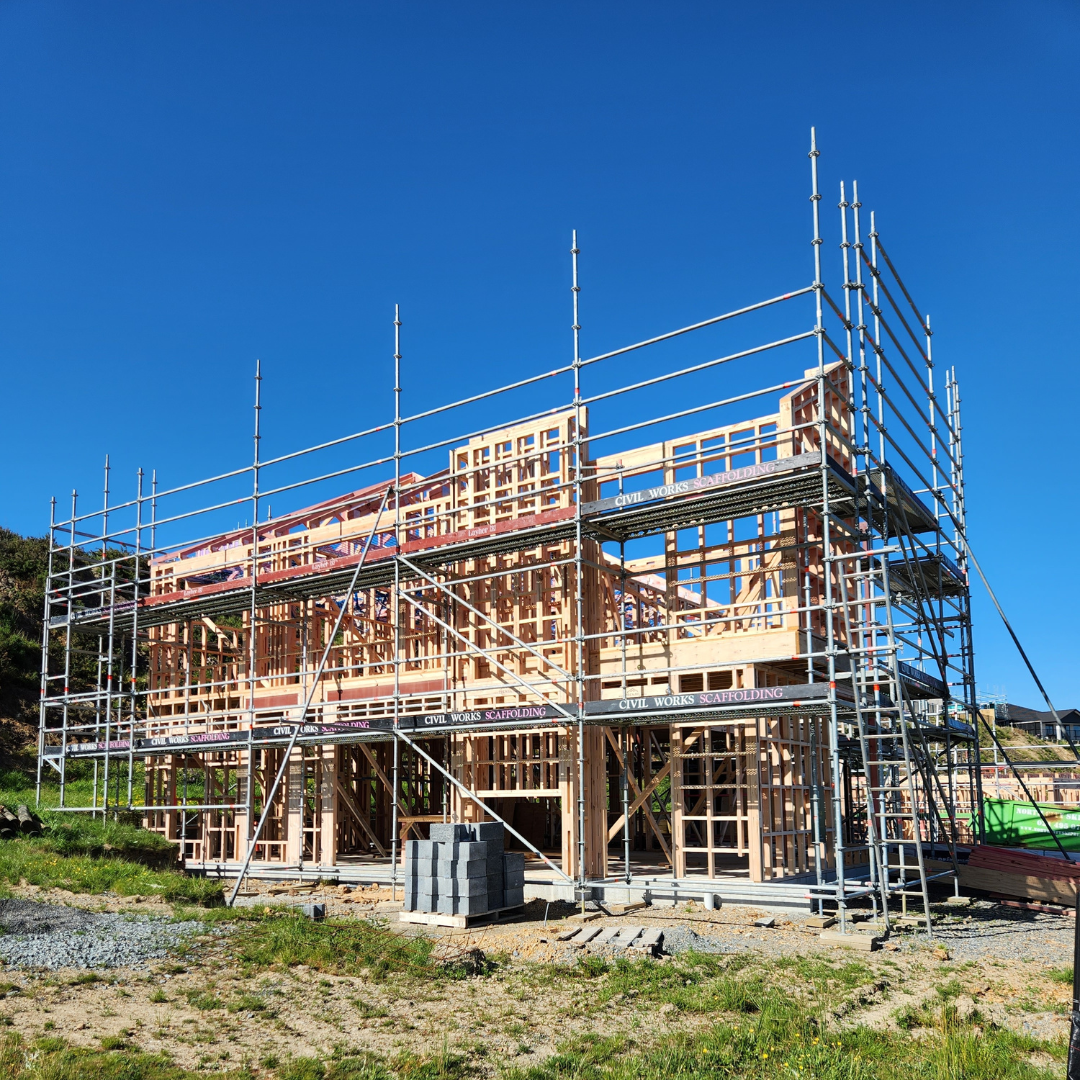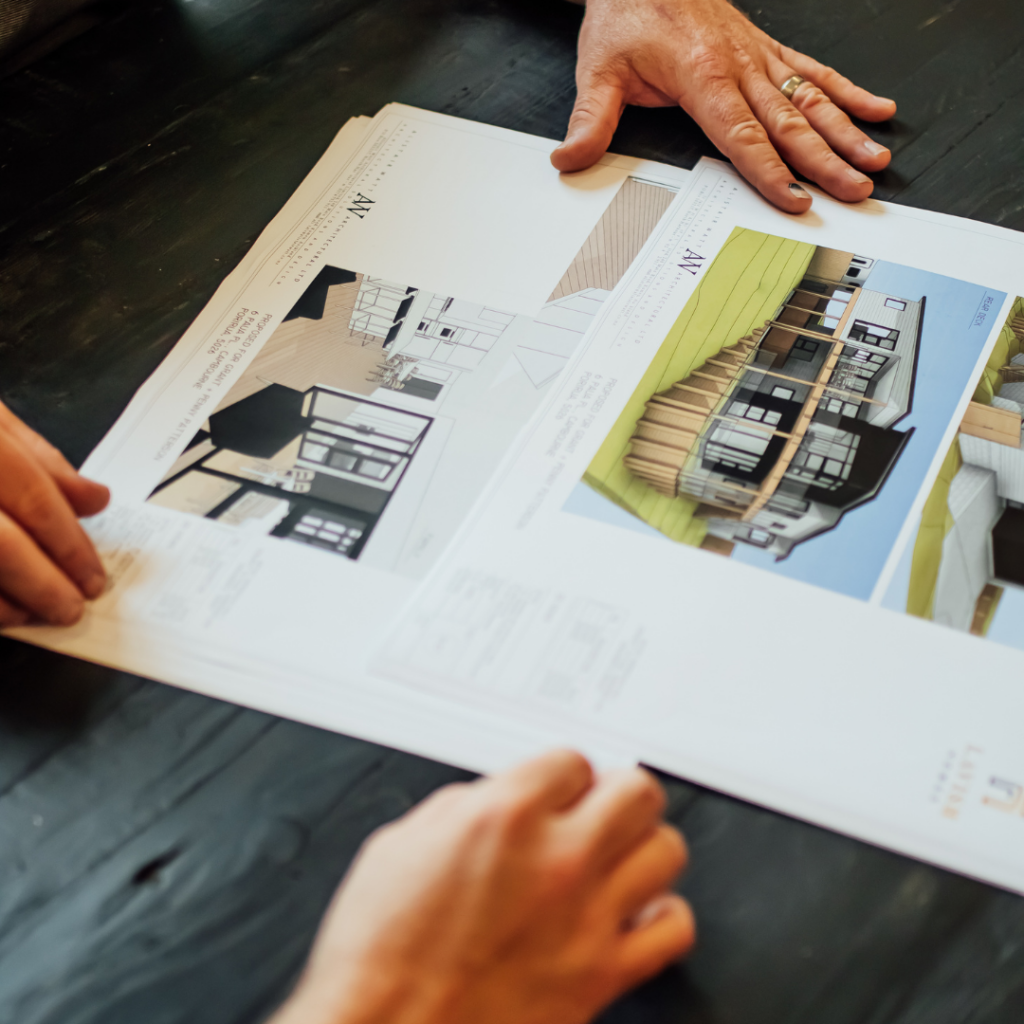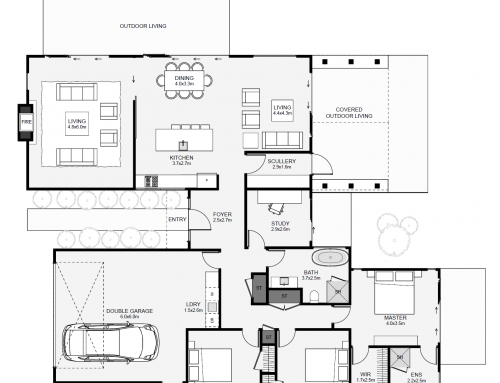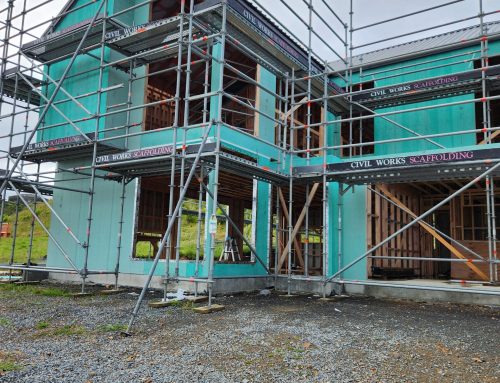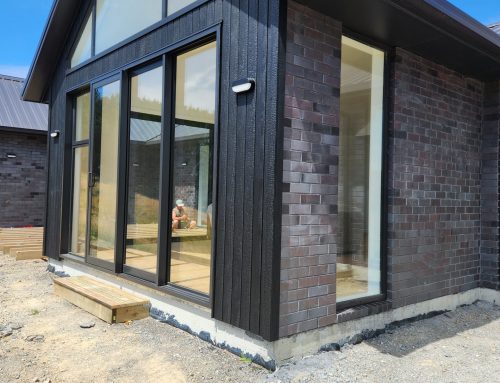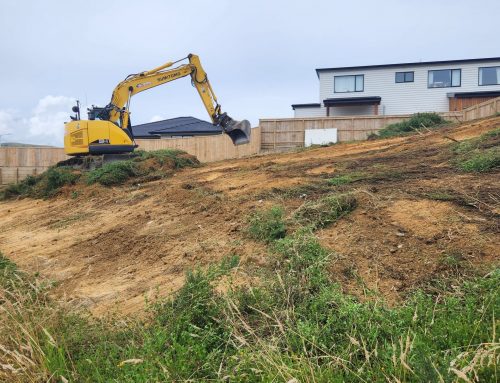It is one of the kiwi dreams to buy a plot of land and build your own home. There is a sense of pride seeing something you created in brick and motar, that reflects your personal style and taste, but also holding your future aspirations.
But before that dream becomes a reality what are the different factors and considerations that need to be taken into account to make it all happen?
Below we’ll cover off the different things to think of before even purchasing your piece of land. All these effect cost and determine the final outcome of your home.
By gaining these insights, you can start your house-building journey with confidence and clarity.
Average Costs of Building a House in New Zealand
The costs of building a house in New Zealand can vary significantly based on several factors, including location, size, materials, and design complexity. The average cost of building a standard new house in New Zealand is usually done per square meter, but can vary in amounts depending on the region and level of finishes. Check out Canstar’s blog on the latest average costings across the country.
It is important to note that this average cost is just a guideline, and the final expenses can be influenced by factors specific to your project. Variables such as the site condition, the level of customisation, the choice of materials, and the labour rates can all impact the overall cost. That’s why working with a Master Builder team like Lavish Homes is key, as they can help you obtain a more accurate estimate with your personalised requirements.
Factors Influencing the Costs of Building a House
As mentioned there are several factors that play a significant role in determining the costs associated with building a house in New Zealand. Understanding these factors will help you anticipate expenses and make more informed decisions during the planning process. Let’s take a closer look at the key considerations:
Location and site
What part of the country, the area of that region, and what part of the site all impact cost. For example:
- How much does the land cost?
- How difficult is the site to access?
- What’s the soil condition like?
- How far is it from existing utilities?
Size and layout
Depending on how big or what type of layout your desired house design is, will also determine the cost. Larger homes typically require more materials and labour. Complex or unconventional designs can result in higher expenses.
Design complexity
When designing your dream home take into consideration the complexity of the architectural design and the level of customisation as this can significantly impact costs. Unique features, intricate detailing, and non-standard construction methods may require specialised expertise and premium materials, adding to the overall expenses.
Choice of materials and finishes
The selection of materials and finishes plays a crucial role in both the aesthetic appeal and the cost of your house. High-quality materials, custom-made fixtures, and luxurious finishes come at a higher price. Balancing your preferences with your budget is essential for effective cost management.
Building consent and regulations
Obtaining the necessary building consent and complying with building regulations involve fees and additional costs. These include application fees, council inspections, and compliance with codes and standards.
Services and utilities
Connecting your house to essential services like water, electricity, and sewage systems incurs costs. The distance from existing infrastructure and the complexity of installation can influence expenses.
Project management and contractor selection
Effective project management and the selection of reliable contractors are vital for cost control. Delays, change orders, and miscommunications can lead to additional expenses. Engaging experienced professionals who have strong communication like the Lavish Homes team is key for your build.
Tips for effective planning
To help mitigate some of these factors we recommend focusing on creating an effective plan for your house build. Read our tips below:
- Budget allocation: Map out a realistic budget against each aspect of the. Break it down by design, construction, permits, landscaping, and contingencies. Lavish Homes is a home building company that knows just how to do this.
- Sustainable and energy efficient design: To help you out long term consider an eco-friendly or greener alternatives in your home design like solar panels to help reduce on expenses in the future.
- Long-term maintenance: Always factor in for durable and low-maintenace materials, as they may cost you up front, but will save you in the long run with lower life cycle costs.
- Financing and insurance: Scope out your financing options early and ensure you have the necessary insurance coverage.
- Construction timeline: Allow room for delays like weather and supply chain issues, this helps provide a contingency plan in your budget.
- Future expansion: If you think you might want to grow your home or allow for changes in the future, then consider this also, then you won’t be boxed in.
When considering building a house in New Zealand look at planning, consideration of various factors, and a thorough understanding of the costs involved before jumping in. By being aware of the average costs, factors influencing expenses, and essential considerations, you can be prepared for what is to come. With the right approach, you can bring your dream house to life while ensuring financial feasibility and long-term satisfaction.
Looking to build in the Wellington region? Have a look at Lavish Homes house and land packages available or contact us if you want to start the building process.

